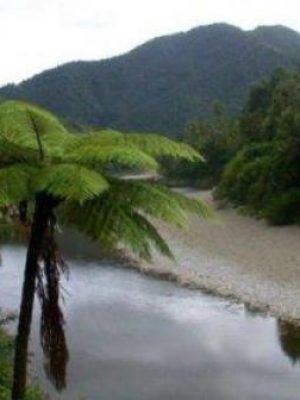The Video Camera Surveillance (Temporary Measures) Bill is intended to clarify the use by the Police of video camera surveillance following the recent New Zealand Supreme Court decision in Hamed & Ors v R [2011] NZSC 101 known as the Urewera terrorist raids case.
The Justice and Electoral Committee has recently reviewed the bill, considered in excess of 400 submissions and has recommended, by majority, that it be passed.
In the Urewera case, video surveillance evidence against seven of the eleven appellants was ruled inadmissible by the Supreme Court because it decided that covert video camera surveillance conducted on land entered pursuant to a search warrant without any form of previously obtained judicial authority is a trespass and accordingly unlawful.
The effect of the court’s ruling is immediate and, without a change in the current law, a substantial number of current Police investigations would be in jeopardy.
Prior to the Urewera decision, the New Zealand courts had found evidence obtained from video camera surveillance, whether it be from private property entered pursuant to a search warrant or from property not requiring a warrant to enter onto, permissible under common law.
The report from the Justice and Electoral Committee divides video camera surveillance into two categories:
- Trespassory surveillance essentially means covert video recordings conducted on private property as part of a warranted search under section 198 of the Summary Proceedings Act 1957; and
- Non trespassory surveillance essentially means ‘over the fence’ video recordings conducted on public land.
Evidence obtained from trespassory surveillance now being unlawful, the Bill, once passed, will allow the Police to continue to rely on search warrants to enter onto private property and for any such application for the warrant to indicate the intention to conduct video surveillance. Once law, the Bill will allow a six month period for Police and other state authorities to recommence covert video surveillance with an expectation that evidence obtained from it is lawful until a permanent law has been passed.
When introduced, the Bill was retrospective in nature, however the report recommends amending the Bill so that it does not apply to searches conducted prior to its commencement.
The Bill also clarifies the position on convictions obtained from covert surveillance evidence previously, specifically, that appeals will not be allowed on that point alone.
At select committee the Green Party argued that the Bill is a piece of retrospective legislation which erodes fundamental rights under the New Zealand Bill of Rights Act 1990, however the report concluded that it did not limit the rights conferred by that Act because the test of whether a search is reasonable remains.
The government’s eagerness to rush this Bill through has probably been influenced by the embarrassment caused to the Police in the Urewera case and will address a fundamentally sound concern: serious and sophisticated criminal activity being let off because of a loophole in the law. However, the Bill also shows the fragility of New Zealand’s separation of powers because the Judicary, whom is supposed to have the power to stop government taking any action that goes against the principles of common law (ie – the Urewera decision), is about to be overridden very quickly by Parliament.


